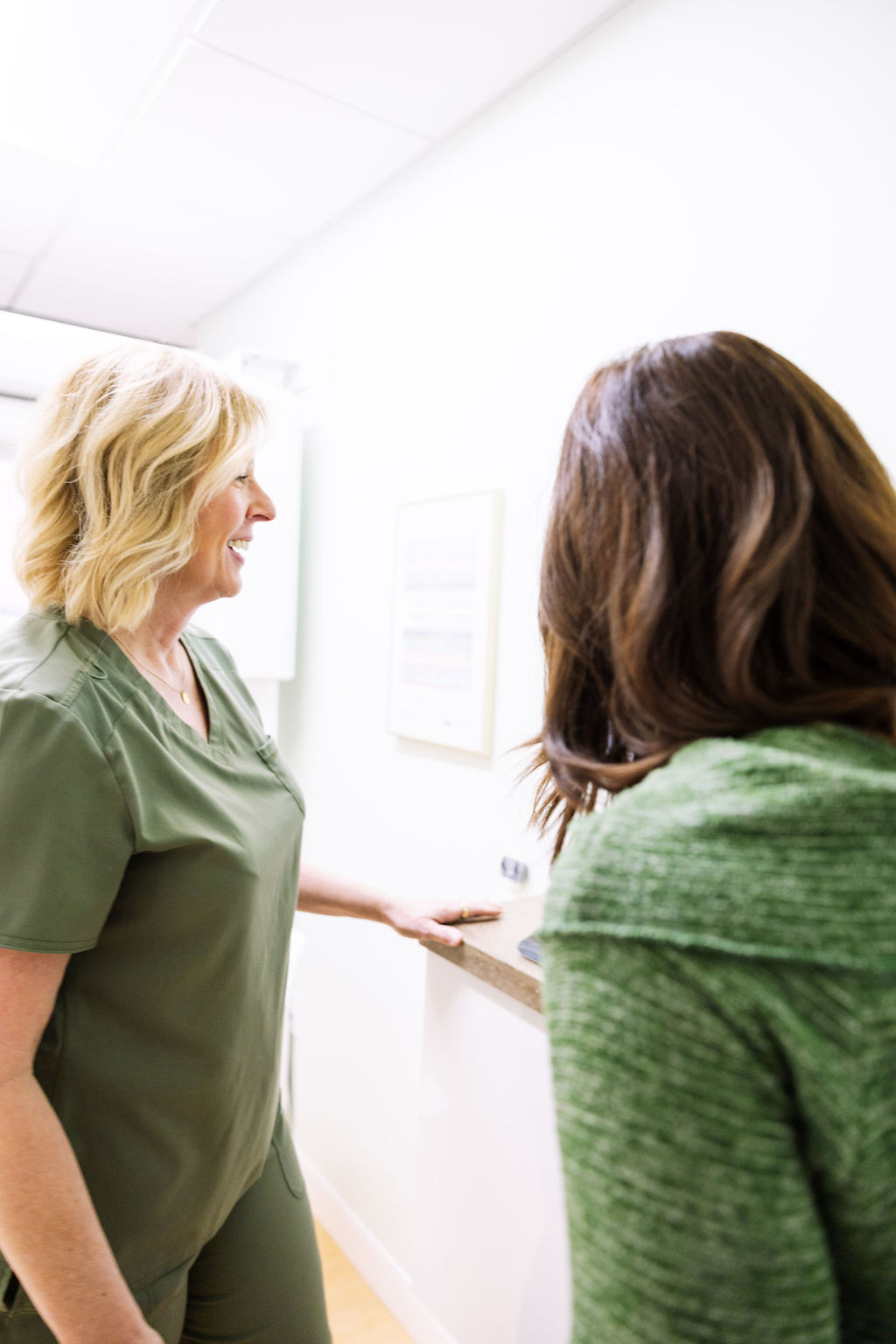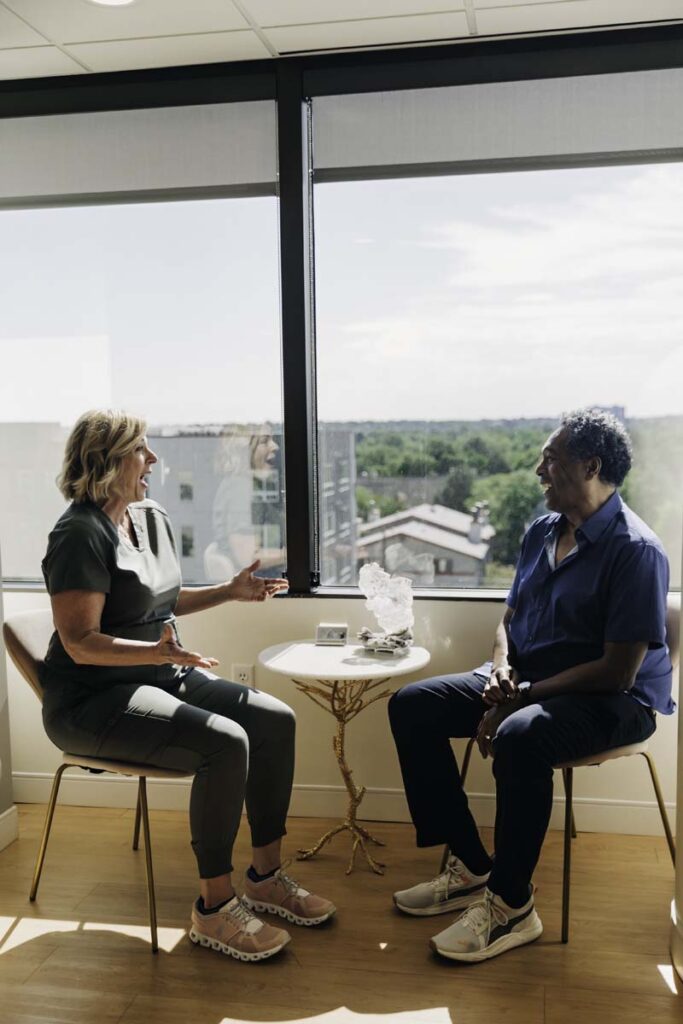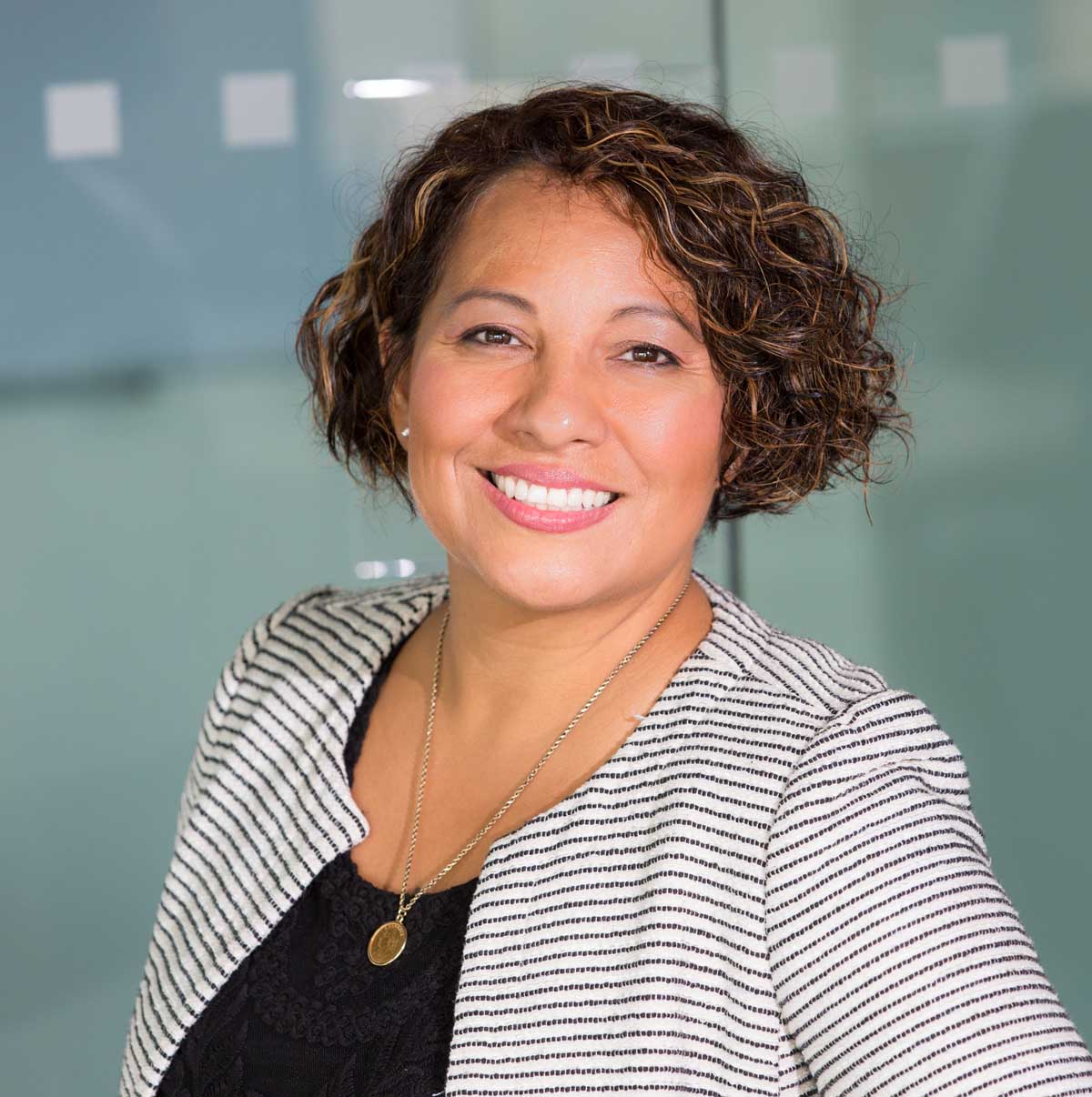
Biological Dentistry
Biological dentistry focuses on whole-body health by using biocompatible materials and avoiding harmful substances like mercury and fluoride. Dr. Dickerson follows this approach by prioritizing safe, holistic dental care that supports overall wellness.
What is Biological Dentistry?
Unlike conventional dentistry, biological dentistry embraces a holistic philosophy—integrating safe, non-toxic treatments and recognizing the deep connection between oral and overall health. This progressive approach includes:
- Mercury-Free & Mercury-Safe Dentistry– They use non-toxic, biocompatible materials instead of traditional mercury fillings.
- Fluoride-Free Treatments– They offer fluoride-free options, believing that excessive fluoride exposure may contribute to health concerns.
- Ozone Therapy– They utilize ozone therapy for sterilization and cavity prevention without the need for harsh chemicals.
- Safe Removal of Amalgam Fillings– They follow SMART (Safe Mercury Amalgam Removal Technique) protocols to minimize mercury exposure.
- Holistic Wellness Focus– They consider how oral health affects the entire body, often collaborating with naturopathic doctors and other holistic practitioners.
Why Patients Choose Dr. Dickerson as Their Biological Dentist
Choosing a biological dentist means trusting someone who prioritizes whole-body health—and Dr. Sharon Dickerson brings over two decades of certified, holistic care to every patient.
Certified Biological Practitioner
Dr. Sharon Dickerson is certified by both the IABDM and a longstanding member of the IAOMT since 2003, ensuring adherence to strict holistic and mercury-safe protocols.
Holistic Biocompatible Dental Methods
She uses mercury‑ and fluoride‑free materials, conducts biocompatibility testing, and integrates medically‑certified ozone therapy into her treatments.
Highly Rated Patient-Centered Experience
Dr. Dickerson dedicates a two hour consultation, supports patients with chronic or complex health issues, and earns praise for her comprehensive, empathetic care.
Healing-Focused Office Environment
Her Denver practice features ozone-enhanced procedures, ergonomic comfort, calming aesthetics, and non-toxic sterilization methods.
The Importance of a Holistic Dental Approach
Choosing a biological dentist is more than a dental decision—it’s a commitment to your long-term wellness. By selecting a practitioner who prioritizes non-toxic treatments, whole-body health, and compassionate care, you ensure that your dental care supports your broader health journey.

Our Holistic Dentistry Commitment
At Dr. Sharon Dickerson’s practice, we are dedicated to providing holistic dental care that prioritizes your overall well-being. Our team of experienced holistic dentists is committed to staying up-to-date with the latest advancements in biocompatible materials and techniques.
If you’re seeking a natural, biocompatible solution for restoring your smile, look no further than our holistic dental crowns. Schedule your consultation today and take the first step towards a healthier, more beautiful smile that aligns with your holistic values.
Biological Dentistry FAQs
Both traditional and biological dentists attend dental school and uphold standards of care set by recognized governing bodies. The main difference between philosophies occurs within their approach to patient care. It is generally believed that traditional dentists diagnose and treat dental disease, often with an emphasis on prevention.
Biological dentists approach patient care with a more holistic view, seeking to understand the root cause of oral disharmony, treat the problem with modalities that do not adversely affect the health of the patient, and collaborate with the patient and their health care providers to achieve and maintain the most optimal oral and systemic health outcomes.
The term holistic dentistry dates back to the 1970s when it was made popular by the Holistic Dental Association which was developed in order to collaborate on methods of care that incorporated whole-body health. Since then, the field of holistic dentistry has continued to evolve as more understanding is gained about the role nutrition, environmental toxins, sleep, bite or TMJ disorders, and potentially toxic dental materials play in systemic health.
In more recent years, holistic dentistry has been referred to as biological dentistry. Some practitioners feel that this differentiation highlights the addition of greater surgical expertise within the field. Yet, although each individual dentist may resonate with one title over another, both terms are generally accepted as comparable.
- Root Canal Therapy/Alternatives
- Toxic Dental Materials, including:
- Metals (often related to amalgam/mercury dental application and dental implants)
- Fluoride
- Cavitations or FDOJ (Fatty Degenerative Osteolysis of the Jawbone)
- Health Supportive Factors
- Mercury Safe Protocols
- Ozone Therapies
- Platelet-Rich Fibrin
- IV Supplementation
- Ceramic or Zirconia Implants
- Minimally Invasive Techniques
Dr. Sharon Dickerson has been practicing biological dental care for over 20 years. Throughout her career, she has worked diligently to remain educated on the innovative developments within the field. She has also invested ample time in creating a patient experience that is supportive, comprehensive, and transformative.
Dr. Dickerson has played an integral part in helping healthy patients maintain their well-being. She has also supported health-compromised patients (most notably those suffering from Lyme disease, mold toxicity, and autoimmune diseases) in making positive strides towards vitality by consulting with their medical and alternative health care providers. With this collaborative approach, dental treatment plans can be staged for optimal long-term outcomes for her patients.

“Dr Sharon Dickerson and her entire staff is absolutely amazing! I had been looking for a biological dentist for over a year when I came across her website. The whole office is so warm, kind and caring. They truly want to help you in any way they can. I’ve had nothing short of a positive experience here! The office space is so welcoming with state-of-the-art equipment.
I sought out a biological dentist to investigate the possibility of having infected cavitations following getting my wisdom teeth removed 10 years ago. I was having gut issues, fatigue, brain fog, skin rashes. Dr Sharon listened to my concerns and validated what I was going through. No one tried to up-sell me on any procedure and helped me to get the answers I needed.
I worked with Nicole and she was fantastic–so knowledgeable and also assisted with my surgery! Carly is absolutely wonderful, she is so caring and can answer all your questions as well as put your fears to rest. I would highly recommend this office to anyone looking for answers. Trust me, your health is worth it! I can’t thank Dr. Sharon and her team enough. I feel like I have my life back!”
